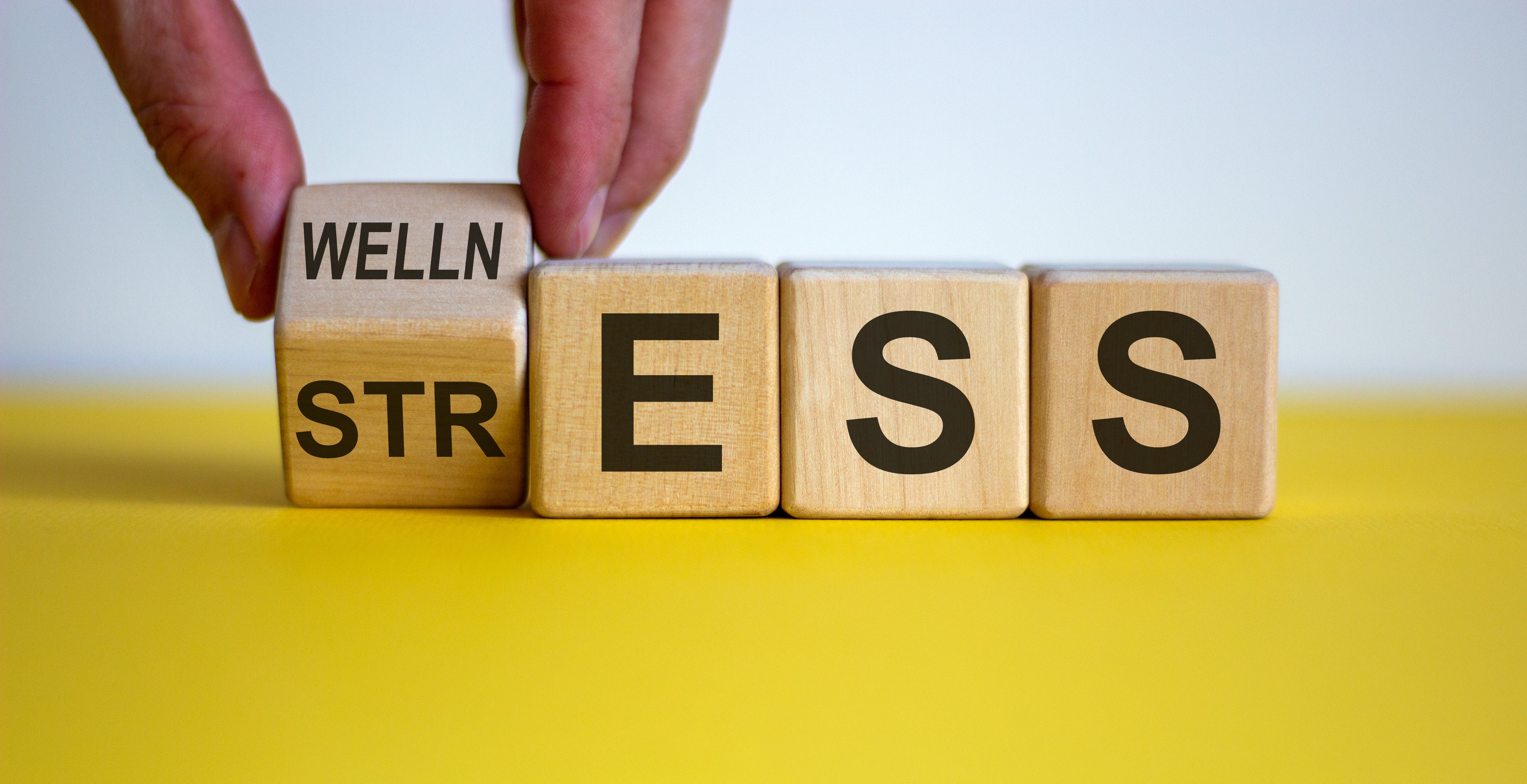Stress can come from all sorts of sources, whether it be work, family life, social commitments, economic uncertainty or hundreds of other stressors we’re regularly exposed to.
Unfortunately, when you're pursuing big fitness goals, this build-up of stress can have an impact on your performance.
There are various ways this could happen, and all of them are reasons to take it easy and slow down your training or competitive commitments when you feel under more stress than usual.
Increases Risk Of Illness
Your health should always be one of the first things to consider, and unfortunately, our bodies just can’t perform to optimum levels when we’re ill. High-stress levels have been shown to increase your risk of picking up a virus, which will not only limit your performance but also potentially force you to take time out from training which will cap your long-term potential.
Mental Fatigue
A good amount of stress can help focus your mind on the task at hand and raise adrenaline levels. However, if you are overly nervous about competing or just have other things on your mind, this can lead to a lack of focus that takes you out of the present moment. Failing to place your entire mental energy on the job at hand will lead to sub-par performance.
Impacts Recovery
Elevated stress levels can have a big impact on your sleep, which is one of the most important elements of recovery. You will also likely see higher levels of the stress hormone called cortisol, which means your body is not able to wind down and repair itself. This has a negative impact on the adaptation process post-training, which means you won’t get as big benefits out of the work you do.
Increased Injury Risk
Increased muscle tension is one of the most common symptoms of stress, and this muscle tension can lead to a heightened risk of injuries. Research also shows that healing from an injury like a muscle tear can be slowed down if you remain under stress and that motor control can be impacted by increased tension.






















































Share:
5 Natural Sleep Aids To Improve Your Recovery
Built For Athletes and Spartan Backpack Available for Pre-Order